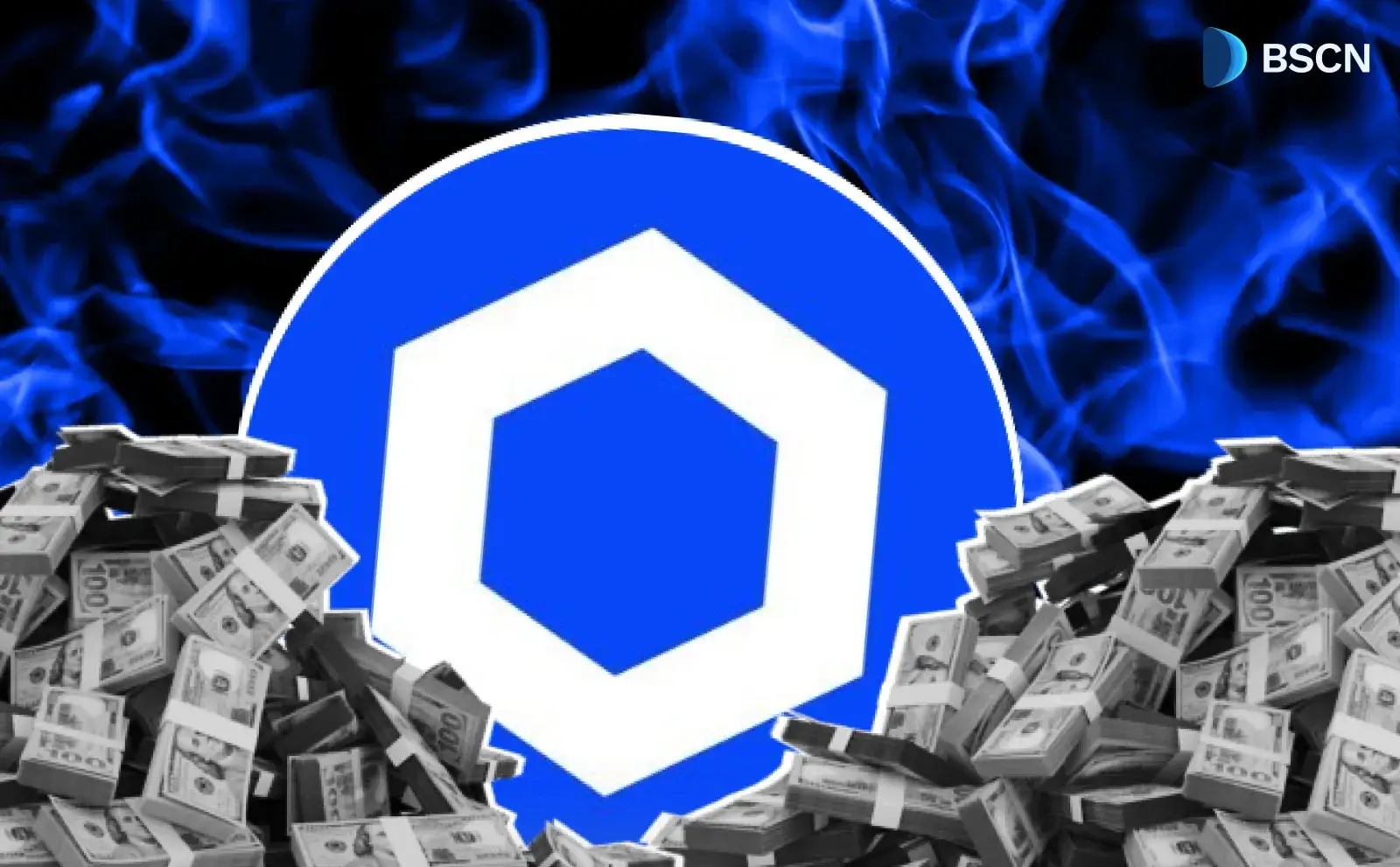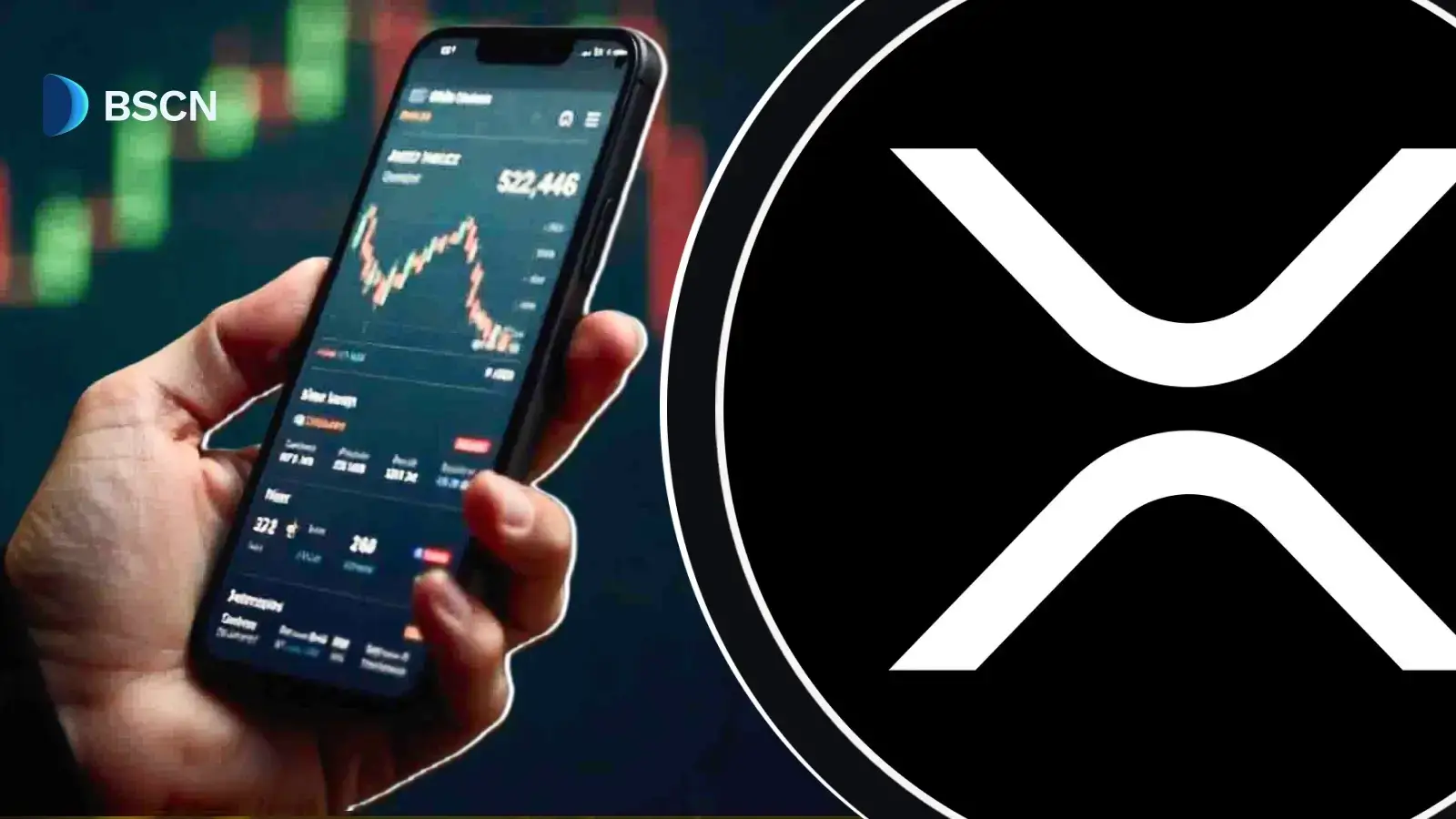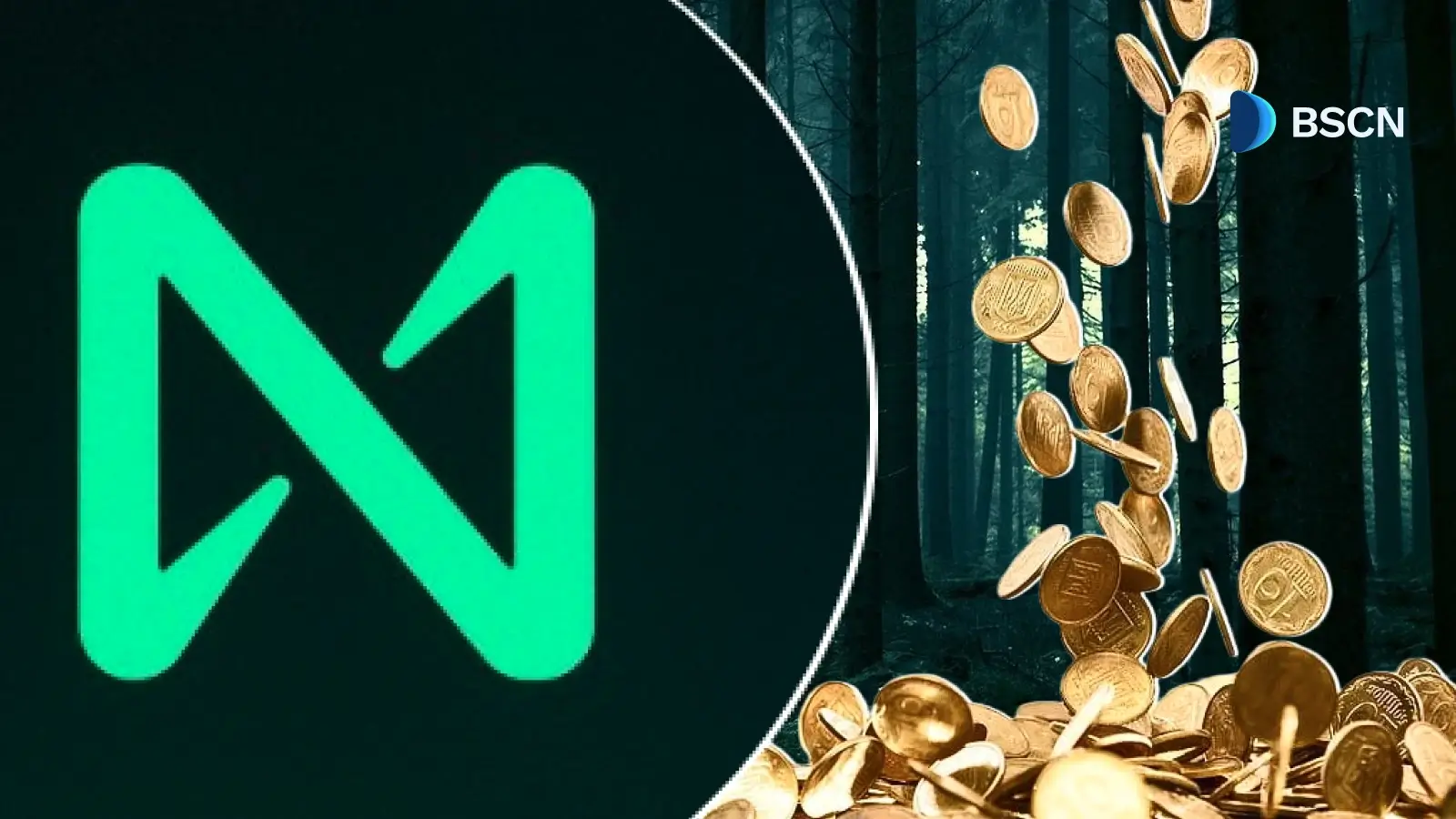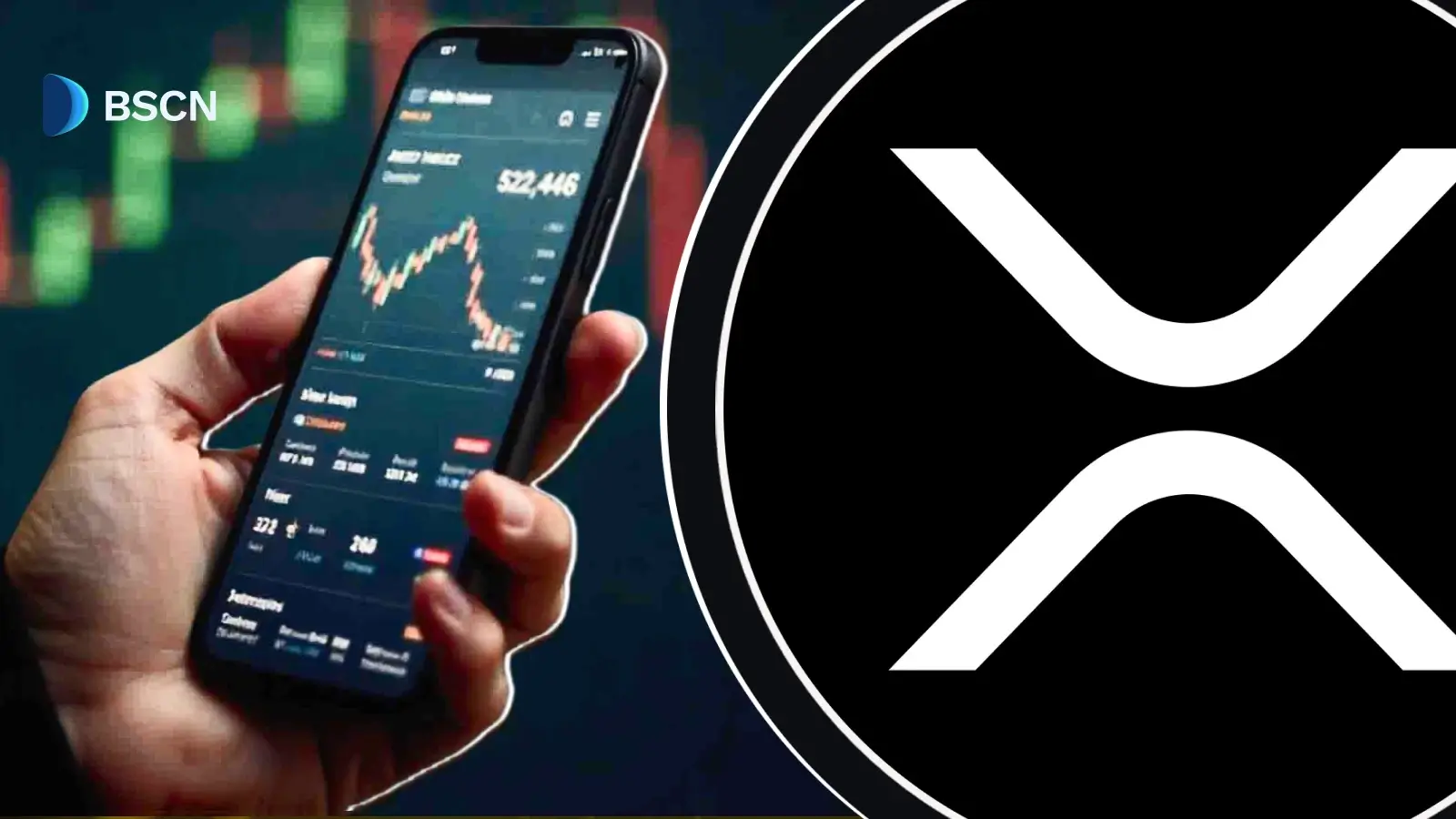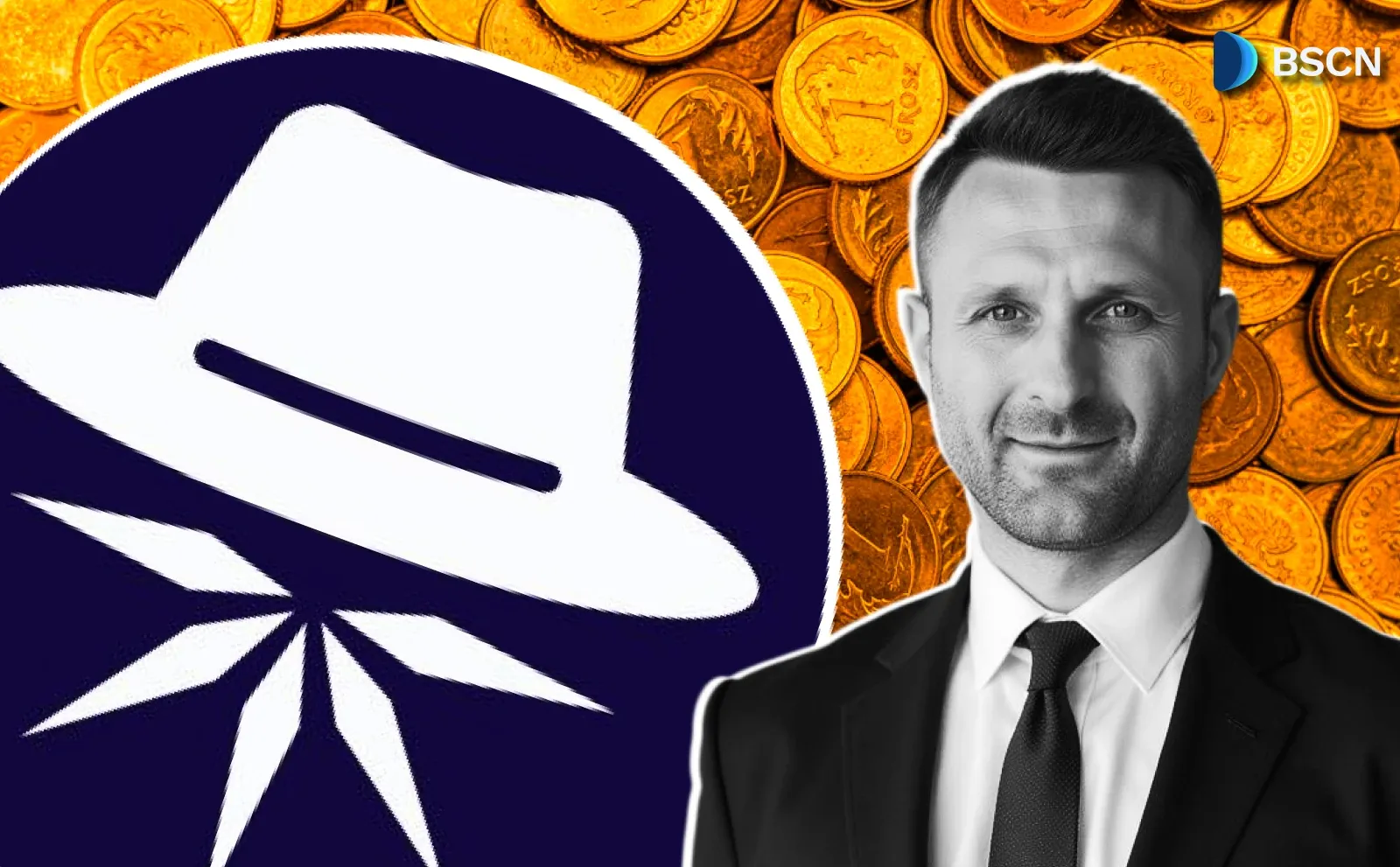What is Fueling the Zcash (ZEC) Resurgence?

Zcash (ZEC) sees renewed interest as privacy concerns grow, with rising shielded transactions and development milestones driving attention.
Miracle Nwokwu
October 10, 2025
Table of Contents
Zcash (ZEC), the privacy-focused cryptocurrency, has captured attention in recent weeks with a notable price increase. Over the past 30 days, its value has climbed more than 320%, including a 35% jump in the last 24 hours and over 50% in the past week alone.
As of writing, ZEC trades at around $232, pushing its market capitalization to approximately $3.78 billion, according to data from CoinGecko. This movement raises questions about the underlying factors at play, especially in a market where broader trends can sometimes overshadow individual projects.
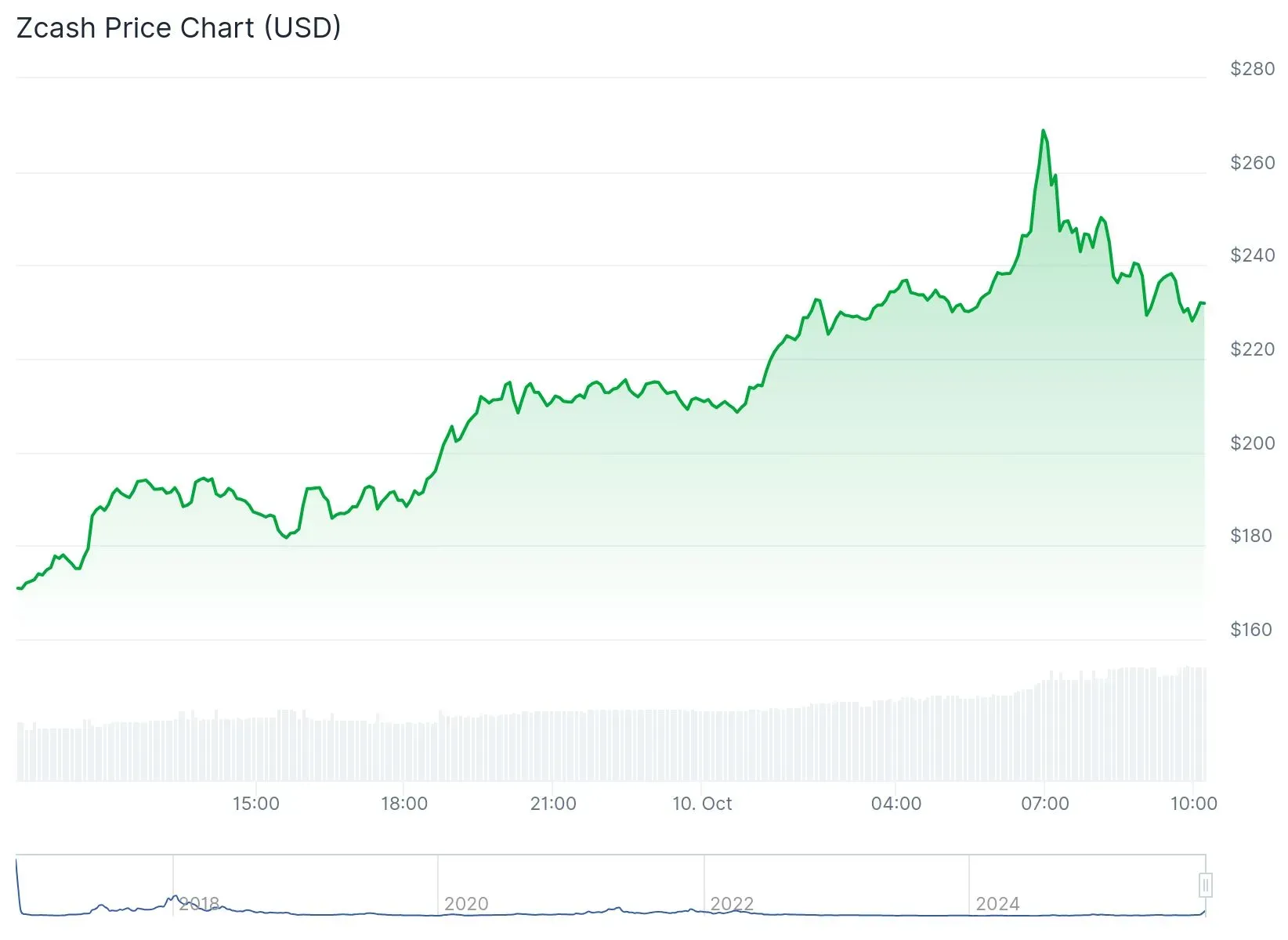
A Brief History of Zcash and Its Place in Crypto
Zcash is far from a newcomer to the cryptocurrency space; it launched in 2016 as a fork of Bitcoin, but with a key distinction in its use of zero-knowledge proofs, specifically zk-SNARKs, to enable private transactions. This technology allows users to verify transactions without revealing details like sender, receiver, or amount, which sets it apart from more transparent blockchains. The project emerged from research by cryptographers, including contributions from figures like Eli Ben-Sasson, who later influenced other zero-knowledge initiatives. Early on, Zcash gained traction during the 2017 bull market, reaching a high close to $800 amid enthusiasm for privacy coins.
However, it faced challenges, including regulatory scrutiny that led to delistings on some exchanges and a prolonged period of lower visibility. By mid-2024, ZEC had dipped to an all-time low around $17, reflecting broader market pressures on privacy assets. Despite these ups and downs, the core team has continued development, eliminating the original trusted setup in later upgrades to enhance security and decentralization. Today, with a fixed supply cap of 21 million coins mirroring Bitcoin's model, Zcash positions itself as a tool for shielded, everyday transactions, and its recent activity suggests a revival in interest.
The Return of Focus on Privacy in Digital Finance
Interest in privacy coins like Zcash appears to be rekindling, driven by growing concerns over surveillance in digital economies. As central bank digital currencies (CBDCs) advance in various countries, discussions around data tracking and financial privacy have intensified. For instance, recent votes in places like Switzerland on digital IDs highlight public unease about centralized monitoring. In this environment, Zcash's ability to offer "shielded" addresses—where transaction details remain encrypted on the blockchain—becomes particularly relevant. Users can opt for transparency when needed, such as for audits, via viewing keys, balancing privacy with compliance.
This resurgence aligns with broader ecosystem shifts; the Ethereum Foundation, in a recent blog post reaffirmed its commitment to privacy as a core priority, outlining initiatives like private reads and writes, and institutional task forces to integrate confidentiality into blockchain applications. While not directly tied to Zcash, such statements from major players underscore a narrative where privacy is seen as essential for mainstream adoption, potentially benefiting established projects like ZEC.
On-chain metrics support this shift. The Orchard pool, Zcash's shielded transaction pool, has shown steady growth, with supply increasing to about 2.97 million ZEC as of early October 2025. This uptick indicates rising user adoption of private features, as more funds move into shielded addresses over time. Analysts point out that this isn't just speculative noise; it's a sign of functional use, especially as tools like the Zashi wallet simplify cross-chain swaps and mobile access.
Key Endorsements and Developments Boosting Momentum
Prominent voices in the crypto community have amplified Zcash's visibility. Mert Mumtaz, CEO of Solana infrastructure firm Helius Labs, has been vocal about its potential. In a post on October 6, he shared a chart of increasing shielded ZEC, noting, "I love shilling privacy stuff because it actually ends up making a difference in the privacy properties of these systems."
Mumtaz argues that Zcash addresses a critical mission in crypto—privacy and freedom—amid accelerating CBDCs and centralized coins, and highlights upcoming technical improvements for performance and scale. Similarly, investor Naval Ravikant has framed ZEC as "insurance against Bitcoin," suggesting it serves as a hedge if Bitcoin becomes overly surveilled through ETFs and custodians.
Institutional moves have also played a role. The launch of Grayscale's Zcash Trust provides regulated exposure for investors, potentially drawing in capital that avoids direct holdings due to compliance concerns. Messari reported a 1,000 percent increase in Zcash's weekly mindshare alongside a 162 percent price rise, indicating heightened discussion and interest. On the development front, upcoming features like Tachyon for better scaling and shielded assets could expand use cases, from private payments to decentralized finance integrations. These elements, combined with endorsements, seem to create a feedback loop: more attention leads to higher prices, which in turn attracts further scrutiny.
On-Chain Indicators and Market Dynamics
Looking at the data, Zcash's surge correlates with spikes in trading volume and open interest in derivatives, suggesting coordinated buying rather than isolated retail fervor. Google searches for "Zcash" hit record highs in October 2025. Privacy debates, fueled by regulatory noise, have also positioned ZEC as a beneficiary. However, overbought signals from indicators like RSI warn of possible pullbacks, so monitoring volume and sentiment remains key.
Looking Ahead: Potential Paths for Zcash
Projections vary, but some analysts see ZEC reaching $350 to $450 by year's end, based on continued privacy demand and market liquidity. This optimism stems from Zcash's roots in zk technology, which underpins modern scaling solutions like rollups. If institutional adoption grows—through trusts or integrations—ZEC could solidify its niche. Yet, the path involves navigating volatility; past cycles show privacy coins can face sudden shifts. For readers exploring options, starting with the Zashi wallet for shielded transactions provides a practical way to engage, while tracking updates from the Electric Coin Company, Zcash's primary developer, offers ongoing insights.
As digital finance evolves, projects like ZEC remind us of the enduring need for user-controlled confidentiality. Whether this momentum sustains depends on broader market conditions, but the developments so far highlight Zcash's relevance in 2025's crypto landscape.
Sources:
- Zcash (ZEC) Market Data – CoinGecko: https://www.coingecko.com/en/coins/zcash
- The Ethereum Foundation’s Commitment to Privacy – Ethereum Blog: https://blog.ethereum.org/2025/10/08/privacy-commitment
- Zcash Mindshare and Performance data – Messari: https://x.com/MessariCrypto/status/1974112257664823362
- X Post on Zcash Shielded Supply – Mert Mumtaz (Helius Labs): https://x.com/0xMert_/status/1975134104627863729
Read Next...
Frequently Asked Questions
How does Zcash differ from Bitcoin and other cryptocurrencies?
Unlike Bitcoin, Zcash uses zero-knowledge proofs (zk-SNARKs) to allow private transactions that conceal sender, receiver, and transaction amount. It offers users the flexibility to remain fully private or transparent when required through viewing keys, balancing privacy and compliance.
What role do institutional investors play in Zcash’s rise?
Institutional exposure through products like Grayscale’s Zcash Trust has increased investor confidence and accessibility for compliance-sensitive capital. This has helped boost liquidity and trading volume, reinforcing the coin’s bullish trend in recent weeks.
Could Zcash’s rally sustain in the long term?
While Zcash’s recent momentum is strong, sustainability depends on broader crypto market trends, regulatory developments, and continued privacy demand. Overbought technical indicators suggest potential short-term corrections, but long-term growth could persist if privacy remains a central theme in digital finance.
Disclaimer
Disclaimer: The views expressed in this article do not necessarily represent the views of BSCN. The information provided in this article is for educational and entertainment purposes only and should not be construed as investment advice, or advice of any kind. BSCN assumes no responsibility for any investment decisions made based on the information provided in this article. If you believe that the article should be amended, please reach out to the BSCN team by emailing [email protected].
Author
 Miracle Nwokwu
Miracle NwokwuMiracle holds undergraduate degrees in French and Marketing Analytics and has been researching cryptocurrency and blockchain technology since 2016. He specializes in technical analysis and on-chain analytics, and has taught formal technical analysis courses. His written work has been featured across multiple crypto publications including The Capital, CryptoTVPlus, and Bitville, in addition to BSCN.
Crypto Project & Token Reviews
Project & Token Reviews
Comprehensive reviews of crypto's most interesting projects and assets
Learn about the hottest projects & tokens



